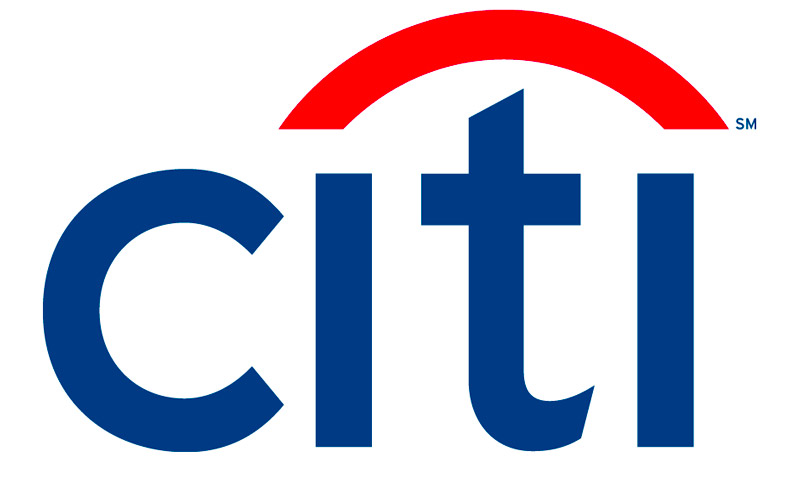|
NJ Network Joins Education, Civil Rights, Healthcare Advocates and Others in a Campaign to Increase Affordable Homes Across America 3/21/2018 The Housing and Community Development Network of New Jersey (the Network) joins a diverse range of national organizations from various sectors today announcing a new campaign to increase affordable homes for America’s most vulnerable residents. “The time to act is now,” said Diane Yentel, National Low Income Housing Coalition (NLIHC) president and CEO. “The housing affordability problem has reached historic heights. Federal housing assistance is chronically underfunded and faces increasing threats. It’s time for those who believe that everyone in America deserves a safe and affordable home to join in a movement that will ensure fundamental opportunities for people most in need.” Advocates from multiple sectors are increasingly recognizing the importance of affordable homes to their own priorities and goals. The Opportunity Starts at Home campaign seeks to mobilize powerful new constituencies beyond housing to ensure that people with the lowest incomes have access to safe, decent, affordable homes in neighborhoods where everyone has equitable opportunities to thrive. Recent NLIHC research shows the U.S. has a shortage of 7.2 million rental homes affordable and available to extremely low income (ELI) renters, and 11 million ELI renter households are severely housing cost-burdened, spending more than half of their incomes on housing. In New Jersey, there are only 30 affordable and available rental homes for every 100 ELI households. The consequences of America’s housing crisis are spilling over into many other areas like the education, health care, civil rights, anti-hunger, homelessness, and anti-poverty sectors. By combining voices and expertise, leading organizations from these sectors seek to build a broad national movement that promotes federal policies that protect and expand affordable homes. The long-term goals of the campaign are to promote federal policies that:
The campaign will also act to defend against funding cuts and harmful policy changes in existing housing programs that support lower income residents. It is also working to strengthen the capacities of multi-sector state coalitions that share the campaign’s goals. Capacity-building grants have also been issued to partners such as the Network as well as those in California, Idaho, Maine, Ohio, Oregon, and Utah. The Network joined the NLIHC at their Housing Policy Forum in Washington, DC for the launch of the Opportunity Starts at Home campaign. With financial support from the Funders for Housing and Opportunity, NLIHC is also joined in this new multi-sector affordable homes campaign by the Center on Budget and Policy Priorities, Children’s HealthWatch, Make Room, and the National Alliance to End Homelessness, and with a steering committee that includes Catholic Charities USA, Children’s Defense Fund, Community Catalyst, Food Research and Action Center, NAACP, National Alliance on Mental Illness, National Association of Community Health Centers, National Education Association, and UnidosUS. “The NAACP is proud to join this multi-sector housing campaign as it aligns with our goal of economic equality in housing,” said Derrick Johnson, president of the National Association for the Advancement of Colored People (NAACP). “The research is increasingly clear that housing affects all aspects of a quality life; therefore, federal housing policy is very important for the people we serve. We find that threats to federal housing assistance are unprecedented and this campaign will indeed shed a brighter light on the needs of all people.” “The United States cannot say we cherish our children when millions of extremely poor children each year suffer through homelessness or are denied access to safe and affordable housing,” said Richard Hooks Wayman, national executive director of the Children’s Defense Fund. “Research shows that half of our intelligence potential is developed by age four. Positive child development is linked to a sense of safety, predictability, and routines. We must do our part to ensure that children have housing stability during a critical stage of development. We must do our part to ensure that housing in this nation is affordable and accessible. And we must do our part to ensure that investments in affordable housing production that keep children safe and secure is continued.” “Too often, the issues of housing, health, education and income security are considered in silos, separate from one another,” said Doug Rice, senior policy analyst for the Center on Budget and Policy Priorities. “But a home is much more than just four walls and a roof; it’s the pathway to a healthier, more prosperous, and more secure life, and something that far too many Americans cannot attain. We are excited to join forces with leaders in so many fields to advance effective solutions to help our nation’s most vulnerable.” Learn more about the Opportunity Starts at Home campaign at: www.opportunityhome.org # # # Opportunity Starts at Home is a new national multi-sector campaign to generate widespread support for federal policies that protect and expand affordable housing. Established in 1974 by Cushing N. Dolbeare, the National Low Income Housing Coalition is dedicated solely to achieving socially just public policy that assures people with the lowest income in the United States have affordable and decent homes.
|













